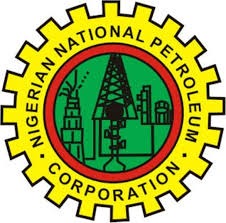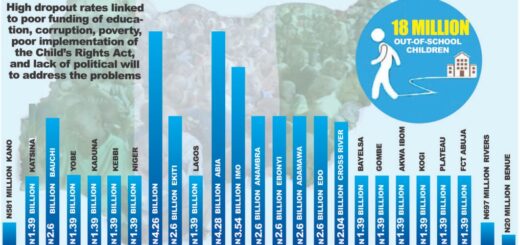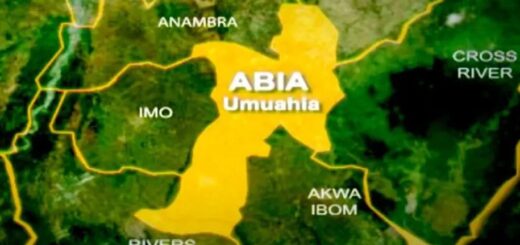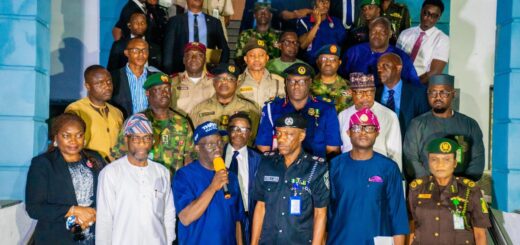States threaten FG’s ambitious 90,000km fibre project
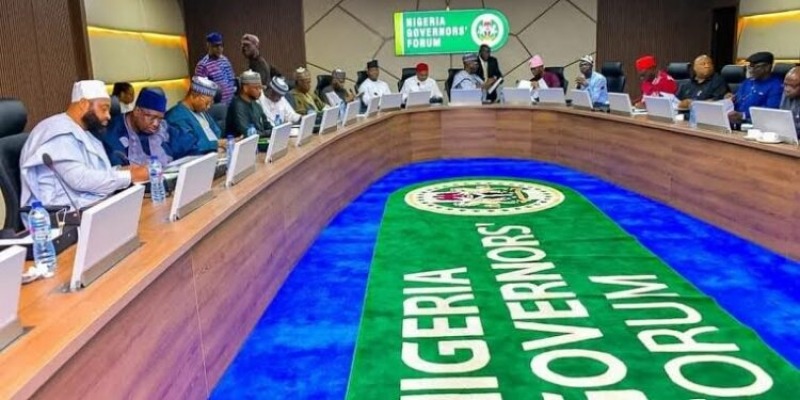 Nigeria’s plan to bridge its digital divide with a massive 90,000-kilometer fibre optic cable deployment faces significant obstacles, if state governments continue with some practices, industry stakeholders termed anti-development.
Nigeria’s plan to bridge its digital divide with a massive 90,000-kilometer fibre optic cable deployment faces significant obstacles, if state governments continue with some practices, industry stakeholders termed anti-development.
PIAFo summit highlights challenges Industry stakeholders at a recent Policy Implementation Assisted Forum, PIAFo, meeting in Lagos brought these concerns to light.
They warned that the project, spearheaded by a government Special Purpose Vehicle, SPV, could be jeopardized by state-level issues, including Right of Way, RoW, multiple taxation, vandalism, extortion among others.
Right of Way woes
Stakeholders argue that Right of Way, RoW, charges and multiple taxes levied by state governments, coupled with informal charges imposed by local groups, significantly inflate project costs.
Industry experts speak out
Executive Director, Broadbased Communications, Chidi Ibisi emphasized the need to address RoW costs, fiber destruction by construction companies, and vandalism for the SPV initiative to succeed.
He said: “The issues of high cost of Right of Way (RoW), destruction of fiber by road construction companies and vandals all need to be addressed for this new SPV initiative to be successful,” he said.
Also, Group Chief Operating Officer, WTES Projects Limited, Chidi Ajuzie, highlighted the complexity of informal RoW charges by local groups, hindering infrastructure deployment.
Related News
REACTOR: How Neural AI solves complex technical setups for SMEs
New Galaxy ZFold, Flip series tighten competition in Nigeria’s smartphone market
Elon Musk to move companies out of California over transgender law
According to him, for states, a formal right of way is set and some states are adopting it but the informal side of the right of way is where the complexity has come today.
“If I’m trying to lay fibre in some communities here in Lagos, the first thing that happens is the so-called land owners (omo oniles) come out and a different set of people will keep coming from one street to another and they charge you. How do we achieve adequate broadband infrastructure in this kind of situation?” he asked.
Role of state governments
According to the Chairman of the Association of Licensed Telecommunications Operators of Nigeria, ALTON, Engr. Gbenga Adebayo, for the 90,000 kilometres fibre project to succeed, the state governments have to take a different view about those providing digital services. They must not be seen as sources of internal revenue generation.
“For the project to succeed, I think the governments at sub-nationals should take ownership. This issue of state governments seeing right of way as IGR should be a thing of the past. We can’t talk about the digital economy on one side and the government is seeing those who provide the services as sources of revenue. The government has always come up with good policies, but the implantation, particularly when they are tested far afield, is the biggest problem. Governors will go to Abuja and say ‘in my state, I will give the right of way free of charge.’
“When you go to such a state, they may give you the right of way for zero or one Naira, but they will give you developmental levy, education levy, state impact levy, ecosystem levy. When you add all of these together, it is more than the right of way charges. So, who is playing who?” he said.
Chief Executive Officer, Open Access Data Centre, OADC, Dr. Ayotunde Coker, advocated for private sector involvement in project execution, leveraging World Bank funding, and stressed the importance of learning from past failures to achieve meaningful broadband penetration.
He said: “The World Bank can put money into the government but it needs private sector partnerships as the execution engine and that’s what we’ve been pushing in Africa.
“The key thing is that when the World Bank puts the money in, it should engage the private sector, figure out the policies that it needs to do and enable the private sector to execute them effectively and make it as open as possible. With that, they can achieve what they are trying to achieve.”
He further stressed that for the success of the project, Nigeria should learn lessons of what didn’t work in the past, to achieve the new broadband penetration targets with the fibre range that is required.
“Meaningful broadband is what we need, rather than just a huge set of megabits per second implementation. We need superhighway fibres. We need the distribution of this backbone that allows us then to fan out.”
Earlier in his opening address, the convener of PIAFo, Mr. Omobayo Azeez, said the conference was to create a midpoint dialogue platform for digital economy stakeholders across both the public and private divides to brainstorm, exchange perspectives, clear grey areas, harmonize thoughts and create a sense of collective responsibility towards accelerating our collective prosperity through technical efficiency.
The PIAFo summit highlighted the need for collaboration between the FG, state governments, and the private sector to overcome these obstacles. Only through a unified effort can Nigeria achieve its ambitious goal of bridging the digital divide and fostering national prosperity through a robust digital economy.
